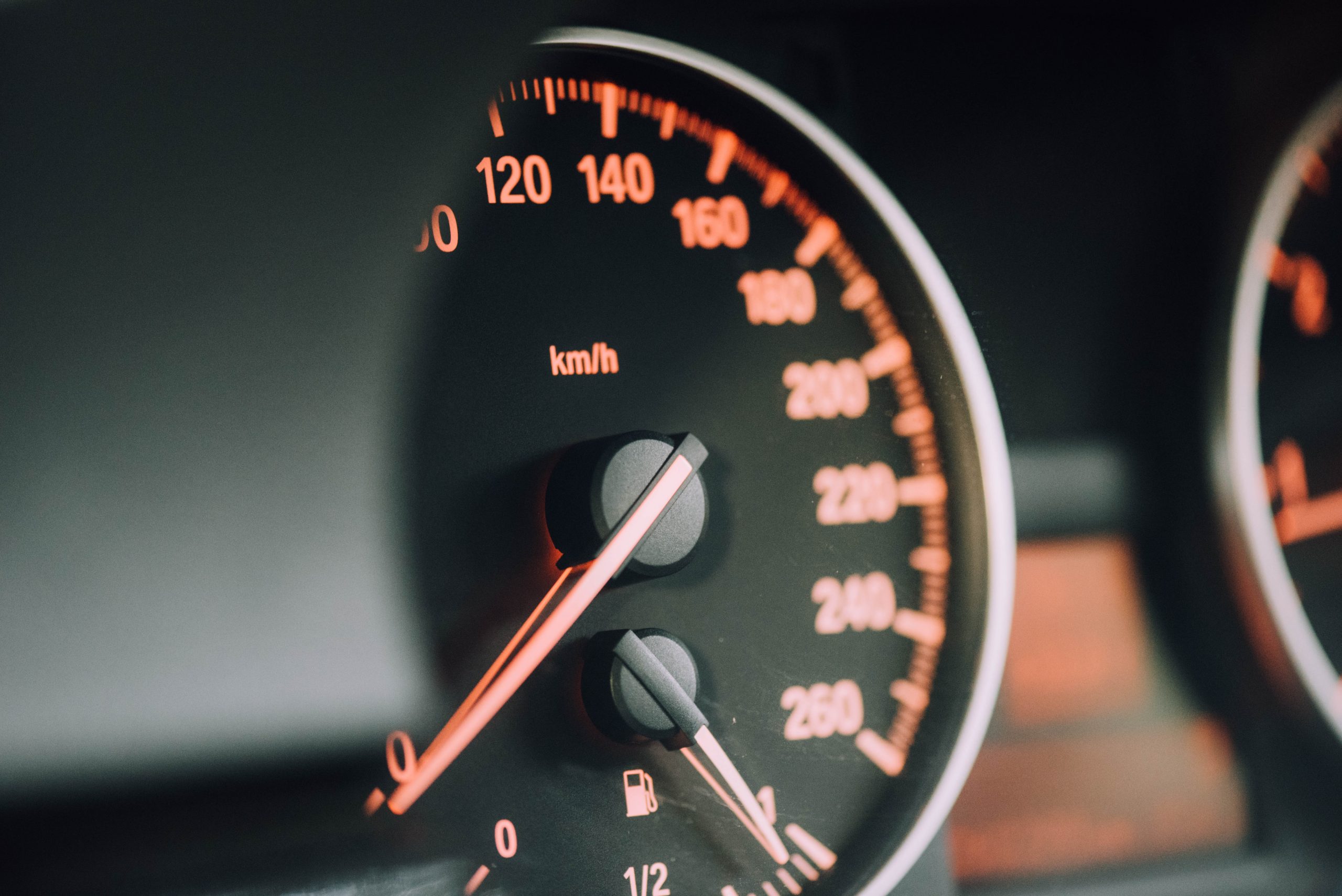Learning to drive is an exciting milestone, but it’s essential to understand the UK driving laws for new drivers before you hit the road. Whether you’re just beginning your driving lessons or are ready to take your practical test, knowing the rules of the road is key to becoming a safe and responsible driver. This article will guide you through the most important UK driving laws, what to expect from driving schools, and how to prepare for your driving lessons in London.
The Basics of UK Driving Laws for New Drivers
Before starting lessons, every learner driver must be familiar with the legal requirements and rules that apply to driving in the UK. Here’s a breakdown of the key laws and guidelines you need to know:
1. Provisional Licence
To start learning to drive in the UK, you must first apply for a provisional driving licence. Here’s what you need to know:
- Minimum Age: You must be at least 17 years old to apply for a provisional driving licence and start taking lessons for a car (you can apply at 16 if you’re learning to drive a moped or light quad bike).
- Applying: You can apply for your provisional licence online through the GOV.UK website or by post using the D1 form from the DVLA (Driver and Vehicle Licensing Agency).
- ID Requirements: You’ll need to provide proof of identity, such as a passport, and a fee (currently £34 for online applications).
Once you’ve received your provisional licence, you must carry it with you during every driving lesson and display L plates (or D plates if you’re in Wales) on your vehicle.
2. The Highway Code
The Highway Code is an essential guide for all drivers in the UK, outlining the rules, advice, and best practices for safe driving. As a new driver, you’ll need to study the Highway Code thoroughly, as it forms the basis for both the theory and practical driving tests. The Highway Code covers:
- Road signs and markings
- Speed limits
- Rights of way
- Pedestrian crossings
- Safe driving practices
It’s available online and in print, and your Approved Driving Instructor (ADI) will likely refer to it during your lessons.
3. Minimum Age for Driving
In the UK, the minimum age for learning to drive a car is 17. However, there are exceptions for those receiving the mobility component of the Personal Independence Payment (PIP), where learners can begin at 16. You must hold a provisional licence before you can start driving lessons.
4. Driving with an Approved Driving Instructor (ADI)
When taking driving lessons, it’s important to choose a qualified Approved Driving Instructor (ADI). ADIs are professionals who have passed rigorous tests to ensure they can teach learners safely and effectively. Here’s what to expect from lessons with an ADI:
- Dual-Control Cars: ADIs use cars with dual controls, allowing them to take control of the vehicle if necessary to ensure your safety.
- Structured Lessons: Lessons will follow a structured plan, including basic controls, manoeuvres, and more advanced driving skills.
- Feedback and Progress: Your instructor will give you feedback after each lesson and track your progress to ensure you’re ready for your driving test.
5. Learner Driver Insurance
If you’re practising outside of formal driving lessons (for example, with a family member), you’ll need to ensure that you’re properly insured. Learner drivers must have insurance that covers them while driving with a supervisor. This is usually arranged through a parent’s or guardian’s insurance policy, or through a specialist learner driver insurance provider.
Key UK Driving Laws for New Drivers
As a new driver, it’s important to understand the key laws that will apply to you, both during your learning phase and after you pass your test. Here are some of the most important rules to be aware of:
1. Speed Limits
Speed limits in the UK are strictly enforced, and it’s crucial to know the limits for different types of roads. These are the general speed limits unless otherwise stated:
- 30 mph: Built-up areas (often signposted with street lights)
- 60 mph: Single carriageways
- 70 mph: Dual carriageways and motorways
As a learner or new driver, always pay close attention to speed limit signs, and use your lessons to practise controlling your speed, especially in London’s busy streets.
2. Mobile Phone Use
Using a mobile phone while driving is illegal in the UK, unless you are using hands-free technology. This applies to both learner drivers and fully qualified drivers. The law is strict—if caught, you can receive:
- A £200 fine
- 6 penalty points on your licence
If you’re a new driver (within two years of passing your test), accumulating 6 points will result in your licence being revoked, meaning you’d have to retake both your theory and practical tests.
3. Drink Driving Limits
The UK has strict laws regarding drink driving. For most drivers in England, Wales, and Northern Ireland, the legal alcohol limit is:
- 35 micrograms of alcohol per 100 millilitres of breath
- 80 milligrams of alcohol per 100 millilitres of blood
For new drivers, it’s best to avoid alcohol completely if you plan to drive. The penalties for drink driving include a driving ban, a fine, and potentially a prison sentence.
4. Displaying L Plates
When you’re learning to drive, you must display L plates (or D plates in Wales) on both the front and back of your vehicle. These plates must be clearly visible to other road users. Once you pass your test, you can remove the L plates.
5. Supervising Drivers
If you’re practising with someone other than an ADI, that person must:
- Be at least 21 years old
- Hold a full UK driving licence for the type of vehicle you’re learning in (manual or automatic)
- Have held their licence for at least 3 years
Learner drivers must never drive alone or without the appropriate supervision.
FAQs About UK Driving Laws for New Drivers
1. Can I drive on the motorway as a learner driver?
Yes, learner drivers are now allowed to drive on motorways in the UK, but only if they are accompanied by an Approved Driving Instructor (ADI) and are driving a car fitted with dual controls. This rule allows learners to gain valuable experience on motorways before passing their test, but you cannot drive on motorways with a non-professional supervisor.
2. What happens if I get penalty points as a learner driver?
Any penalty points received during your time as a learner will carry over to your full licence once you pass your test. If you accumulate 6 or more penalty points within two years of passing your test, your licence will be revoked, and you’ll need to retake both your theory and practical tests.
3. Can I take my driving test in an automatic car?
Yes, you can take your driving test in an automatic car. However, if you pass your test in an automatic vehicle, your licence will only permit you to drive automatic cars. To drive manual cars, you would need to pass a separate test in a manual vehicle.
4. How many driving lessons do I need before I can take my test?
There is no set number of lessons required before taking your driving test. However, the DVSA recommends that most learners need around 40-50 hours of lessons, combined with private practice, to be fully prepared. Your ADI will assess your progress and advise you when you’re ready to book your test.
5. Can I drive as soon as I pass my test?
Yes! Once you pass your practical driving test, you can drive independently straight away. However, it’s recommended that new drivers consider taking a Pass Plus course, which offers additional training in areas like motorway driving and night driving to boost your confidence and skills.
Conclusion: Be Prepared Before Taking Driving Lessons in London
Understanding the UK driving laws for new drivers is crucial before you start your driving lessons. From applying for your provisional licence to following the Highway Code and practising with a qualified supervisor, staying informed about the rules of the road will help you become a safe and responsible driver.
Whether you’re learning with a professional ADI or practising with a family member, make sure you follow the laws to avoid penalties and ensure you pass your driving test on the first try.
Ready to start your driving journey? Contact a local driving school in London today to find out more about lessons with a qualified ADI and get started on the road to passing your test!





